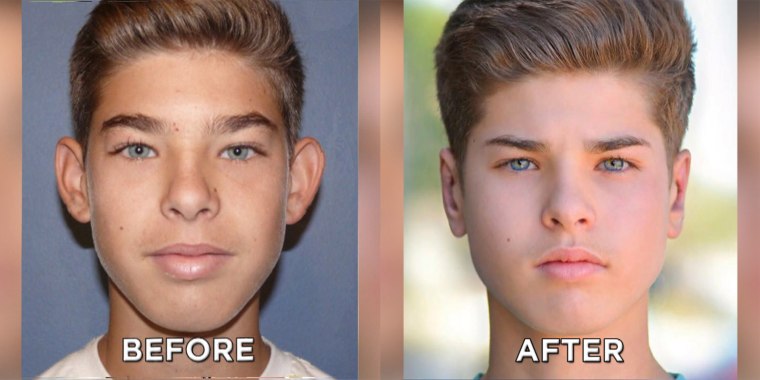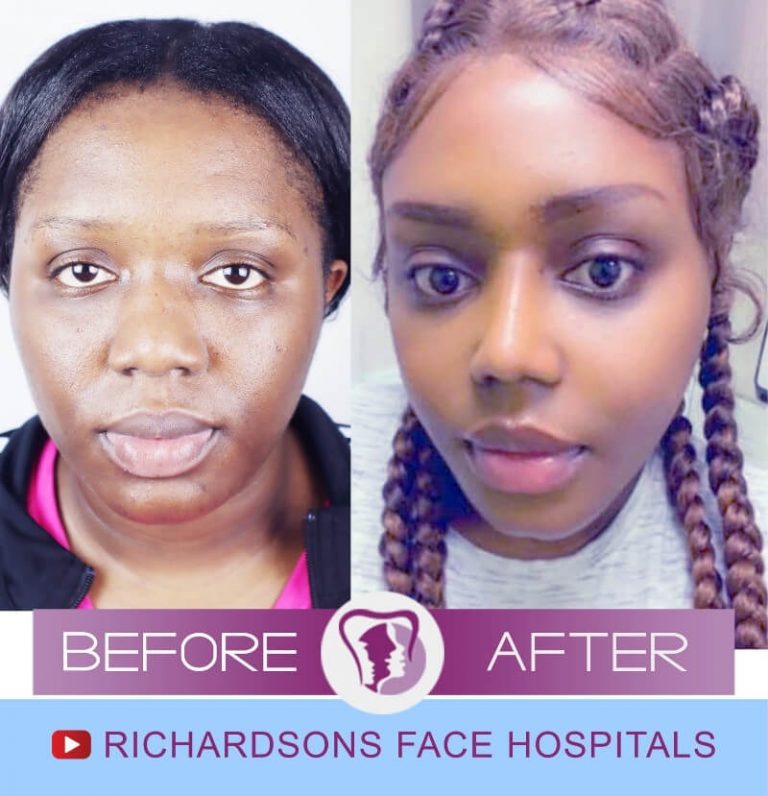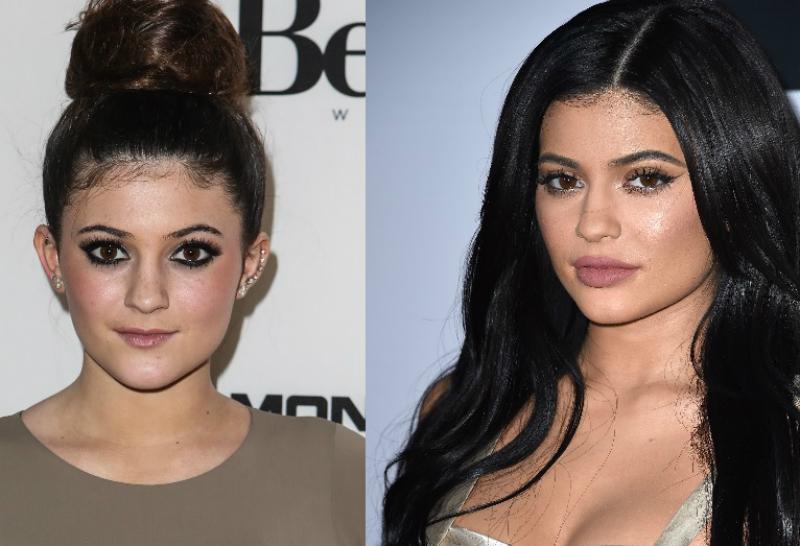Plastic Surgery Inland Empire: Accomplish Your Desire Look with Professional Care
Plastic Surgery Inland Empire: Accomplish Your Desire Look with Professional Care
Blog Article
Investigating the Mental and Social Variables That Drive People to Think About Cosmetic Surgery as a Way of Improvement
The decision to pursue plastic surgery typically prolongs beyond mere visual appeals, intertwining with social and emotional dynamics that merit complete evaluation. Aspects such as self-esteem, pervasive societal appeal requirements, and the prevalent impact of social media converge to form individual motivations for medical enhancement. As these influences come to be significantly famous, recognizing the underlying cultural and emotional contexts is important. What stays to be discovered is the profound effect these variables have not only on individual identification yet likewise on more comprehensive social standards and values bordering charm and acceptance.
The Function of Self-confidence
Self-esteem dramatically affects a person's choice to go after plastic surgery. Individuals with low self-confidence frequently view themselves in an adverse light, causing feelings of insufficiency concerning their physical look. This adverse self-perception can drive them to seek surgical treatments as an approach of boosting their self-image. The need for improvement in one's appearance is often connected to a belief that such modifications will elevate their general self-respect and self-confidence.

Inevitably, the function of self-confidence in the decision-making procedure regarding plastic surgery highlights the complex interplay in between body photo, personal contentment, and psychological health. Understanding this relationship is vital for healthcare experts to make sure that individuals are making notified choices rooted in realistic expectations and psychological well-being.
Societal Elegance Criteria
Influenced by prevalent media representations and cultural stories, societal charm criteria play an important duty fit people' assumptions of their very own bodies. These requirements are often identified by an idyllic type of elegance that stresses attributes such as slimness, youthfulness, and balance. As these suitables are perpetuated via various networks, including television, movie, and advertising, individuals frequently internalize these messages, bring about dissatisfaction with their all-natural appearance.
The ramifications of these social standards prolong past aesthetic choices; they can affect self-confidence, mental health, and interpersonal connections. Individuals that perceive themselves as dropping short of these criteria may experience sensations of inadequacy, prompting a desire for plastic surgery as a way of attaining societal approval. This quest is frequently fueled by the belief that adapting these ideals will certainly improve not just physical appearance but additionally social standing and individual satisfaction.

Impact of Social Network
The influence of societal elegance requirements is more magnified by the increase of social media platforms, where curated photos and idyllic depictions of charm are common. Customers are constantly subjected to filtered and edited photos, which commonly depict unattainable physical attributes. This exposure cultivates a culture of contrast, leading individuals to evaluate their own look against these typically impractical criteria.
Social media site influencers and stars helpful site regularly promote cosmetic procedures, stabilizing the concept that surgical enhancements are a viable means for achieving societal suitables (plastic surgery rancho cucamonga). The presence of these enhancements can create an assumption that going through cosmetic surgical procedure is a conventional practice, consequently influencing people to take into consideration comparable treatments as a path to boosted self-confidence and social acceptance
Additionally, the interactive nature of social media sites permits prompt comments via likes and remarks, even more strengthening the need to comply with popular charm requirements. Such communications can aggravate feelings of insufficiency and drive people towards cosmetic surgical procedure as a way of gaining recognition. Eventually, social networks plays a pivotal duty fit understandings of appeal, which considerably influences the decision-making processes bordering plastic surgery.

Cultural Perspectives on Appearance
Across numerous cultures, assumptions of look are deeply rooted in historical, social, and financial contexts, shaping people' sights on appeal and worth. In many societies, look works as a significant marker of identification, influencing social standing, specialist possibilities, and individual relationships. As an example, in some cultures, light skin is typically related to wealth and opportunity, while others may idealize darker complexion as icons of toughness and credibility.
Moreover, typical elegance standards are typically bolstered through social narratives, media depictions, and household affects, bring about differing perfects throughout various areas (plastic surgery rancho cucamonga). In Western societies, the emphasis on young people and physical fitness commonly drives people towards cosmetic improvement, while in specific Eastern cultures, even more refined changes aligned with traditional looks may be favored
Globalization and the proliferation of digital media have additionally made complex these dynamics, creating a hybridization of appeal perfects that transcends geographical borders. As individuals significantly browse these social narratives, the pressure to satisfy certain appearance criteria can lead to the desire for cosmetic surgery, reflecting a complicated interplay of social worths and individual ambitions. Comprehending these social viewpoints is essential in resolving the motivations behind plastic surgery considerations.
Emotional Influences of Cosmetic Surgery
Numerous individuals seeking cosmetic surgical treatment report experiencing profound emotional impacts that can dramatically alter their self-perception and psychological well-being - plastic surgery rancho cucamonga. The need for physical investigate this site improvement usually comes from underlying problems such as reduced self-esteem, body dysmorphic condition, or social stress pertaining to elegance standards. For some, the prompt post-operative phase can lead to a momentary boost in positive self-image and contentment with their appearance, promoting a sense of empowerment
However, these favorable sensations may not be sustaining. Research study indicates that while some patients experience boosted self-confidence, others may face intense anxiousness or anxiety if their expectations are not fulfilled. This inconsistency can develop from impractical perfects perpetuated by media depiction and cultural narratives bordering charm.
Furthermore, the mental ramifications of plastic surgery expand beyond the individual. Relationships with friends and family may be strained as social dynamics shift, bring about feelings of isolation or alienation. Eventually, the psychological influences of plastic surgery are intricate and multifaceted, requiring cautious consideration by both possible patients and doctor to ensure informed decision-making and sensible assumptions.
Verdict
In conclusion, the choice to seek cosmetic surgical treatment is considerably affected by a combination of self-esteem issues, societal elegance requirements, and cultural point visit the site of views on look. The pervasive reach of social networks additionally intensifies these pressures, advertising unrealistic perfects that individuals often make every effort to achieve. Recognizing these psychological and social elements is crucial for dealing with the motivations behind cosmetic surgery, highlighting the need for a much more nuanced discussion surrounding appeal and self-acceptance in modern society.
The decision to seek cosmetic surgical treatment frequently expands beyond plain looks, intertwining with social and emotional dynamics that warrant extensive examination. Inevitably, social media plays a pivotal function in forming understandings of beauty, which considerably affects the decision-making procedures bordering cosmetic surgery.
As individuals progressively navigate these social narratives, the pressure to adhere to details appearance requirements can lead to the desire for cosmetic surgical treatment, mirroring an intricate interplay of individual desires and social values.In verdict, the decision to seek cosmetic surgical procedure is considerably affected by a mix of self-worth issues, societal appeal requirements, and cultural point of views on appearance. Comprehending these social and psychological variables is important for addressing the inspirations behind cosmetic surgical treatment, highlighting the requirement for a more nuanced discussion bordering charm and self-acceptance in modern culture.
Report this page